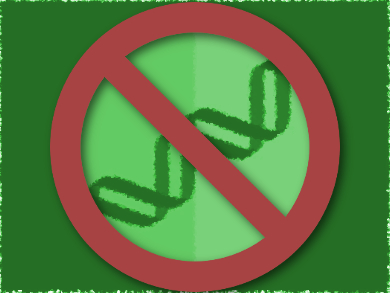The CRISPR/Cas9 system is a useful tool for genome editing. It consists of guide RNA, which targets a specific site in a DNA strand, and a Cas9 enzyme, which cuts the DNA at this site. While the method is promising for gene therapies in humans, immune responses to the treatments could hamper their clinical use. The most widely used variants of Cas9 enzymes stem from either Staphylococcus aureus (SaCas9) or Streptococcus pyogenes (SpCas9). Since these bacteria often infect humans, the potential for pre-existing immunity is quite high.
Matthew Porteus, Kenneth Weinberg, Stanford University, CA, USA, and colleagues have analyzed samples of human serum and blood for antibodies and antigen-specific immune cells against SaCas9 and SpCas9 enzymes. The team used Western blotting to detect antibodies and a cytokine capture system to detect T-cells (a type of immune cell) that specifically target the Cas9 enzymes. They found that 79 % of healthy subjects had antibodies against SaCas9 and 65 % had antibodies against SpCas9. In addition, 46 % of the blood donors had T-cells that target SaCas9. The researchers did not find T-cells targeting SpCas9, however, they point out that this could be caused by a lack of sensitivity of the used assay.
According to the researchers, these pre-existing immune responses could cause immune therapies that use SaCas9 or SpCas9 to fail or could cause dangerous inflammation as a side effect. This should be less of a problem for therapies that edit the genome of cells outside the body and later reintroduce the cells into the patient. The immunity should be taken into account in the development of human gene therapies using CRISPR/Cas9. The research has been published as a preprint and has not yet been peer-reviewed.
- Identification of Pre-Existing Adaptive Immunity to Cas9 Proteins in Humans,
Carsten Trevor Charlesworth, Priyanka S. Deshpande, Daniel P. Dever, Beruh Dejene, Natalia Gomez-Ospina, Sruthi Mantri, Mara Pavel-Dinu, Joab Camarena, Kenneth I. Weinberg, Matthew H. Porteus,
bioRxiv 243345.
https://doi.org/10.1101/243345




